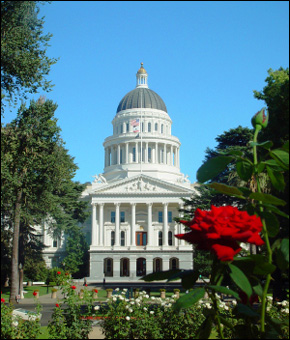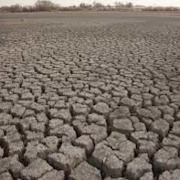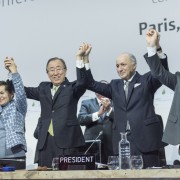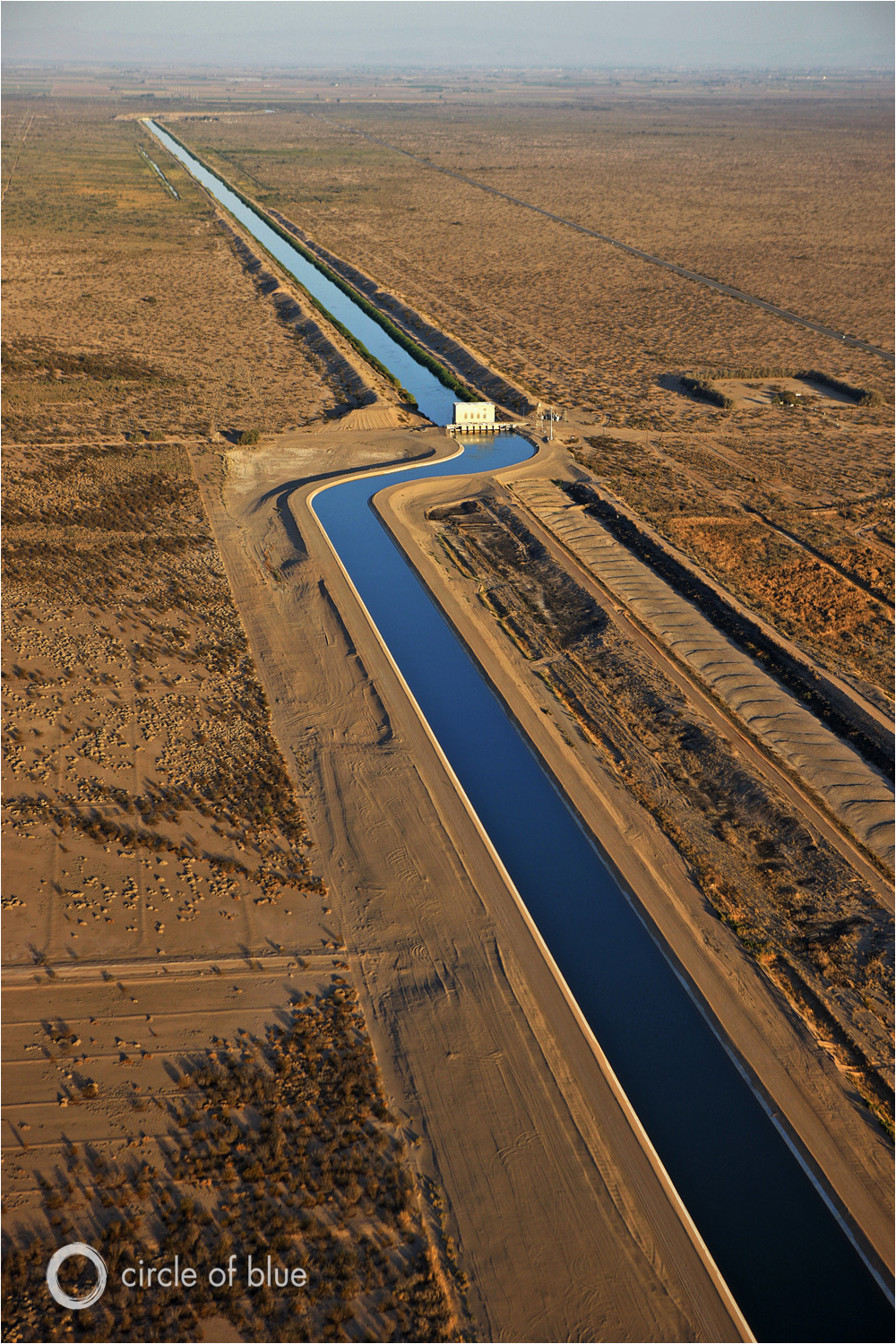California Right to Water Bill Vetoed
Governor Arnold Schwarzenegger (R) vetoed a bill last week that would have included a right to “clean, affordable, and accessible water” in the state’s legislation.

Bill 1242, commonly referred to as the Human Right to Water Bill, declared that “that every human being has the right to clean, affordable, and accessible water for human consumption, cooking, and sanitary purposes, that is adequate for the health and well-being of the individual and family.”
In his veto message to the State Assembly, the governor argued that lack of funding, not lack of legislation, was preventing the state from ensuring clean, affordable drinking water for its residents.
Assembly Member Ira Ruskin, the bill’s author, released a statement that accuses the governor of using the veto to pursue his own interests.
“Instead of committing the state to a policy that every Californian has access to clean water, Governor Schwarzenegger used this bill to further his own proposal: $3 billion for surface storage in the next general obligation water bond. It is highly unlikely that a single community currently lacking safe water will benefit from this sizable investment because almost every community entirely without safe drinking water relies on groundwater as its sole supply of potable water,” the statement said.
David Zetland, a Wantrup Fellow at UC Berkeley and author of the water economics blog Aguanomics, says the governor made the correct decision in vetoing the bill.
“Who’s against the right to water? It’s like mom and apple pie,” Zetland said. “But the state shouldn’t be adding more rules when it can’t manage water under the current system.”
“The bill would create a new mandate without quantifying it and without setting out how to deal with the cost or how it might interfere with other water rights.”
The right to water is already codified several places in California law — Section 106 of the Water Code places domestic use as the highest priority, above irrigation.
The Health and Safety Code declares “every citizen of California has the right to pure and safe drinking water.”
The veto happened with California’s government mired in debate over how to overhaul the state’s water management and infrastructure. A slew of proposals for improved management are being considered, along with a contentious bond issue to build reservoirs and a peripheral canal from the Sacramento-San Joaquin Delta.
The California bill mirrors a broader global push by non-governmental organizations and human rights groups to recognize access to water as a human right.
Such groups would like the United Nations to pass a binding convention on water and for national governments to establish water as a public trust that opposes privatization of water.
In 2002 the United Nations Committee on Economic, Social and Cultural Rights issued a non-binding resolution calling water “fundamental” and “a prerequisite for the realization of other human rights.”
The UN Human Rights Council (UNHRC) released a resolution in 2008 on access to safe drinking water and sanitation, determining the issue needed more study. The director of Food and Water Watch said in a statement the resolution was “watered-down” because lobbying by the United States and Canada convinced the Council to remove any references to a “right to water.”
Sources: California Legislative Information; California Governor’s Office; San Jose Mercury News; UN Committee on Economic, Social and Cultural Rights; UN Human Rights Council; Food and Water Watch
Check out Circle of Blue’s series: Water Challenges in the U.S.
Peter Gleick on California’s water legislation
Brett writes about agriculture, energy, infrastructure, and the politics and economics of water in the United States. He also writes the Federal Water Tap, Circle of Blue’s weekly digest of U.S. government water news. He is the winner of two Society of Environmental Journalists reporting awards, one of the top honors in American environmental journalism: first place for explanatory reporting for a series on septic system pollution in the United States(2016) and third place for beat reporting in a small market (2014). He received the Sierra Club’s Distinguished Service Award in 2018. Brett lives in Seattle, where he hikes the mountains and bakes pies. Contact Brett Walton












Leave a Reply
Want to join the discussion?Feel free to contribute!